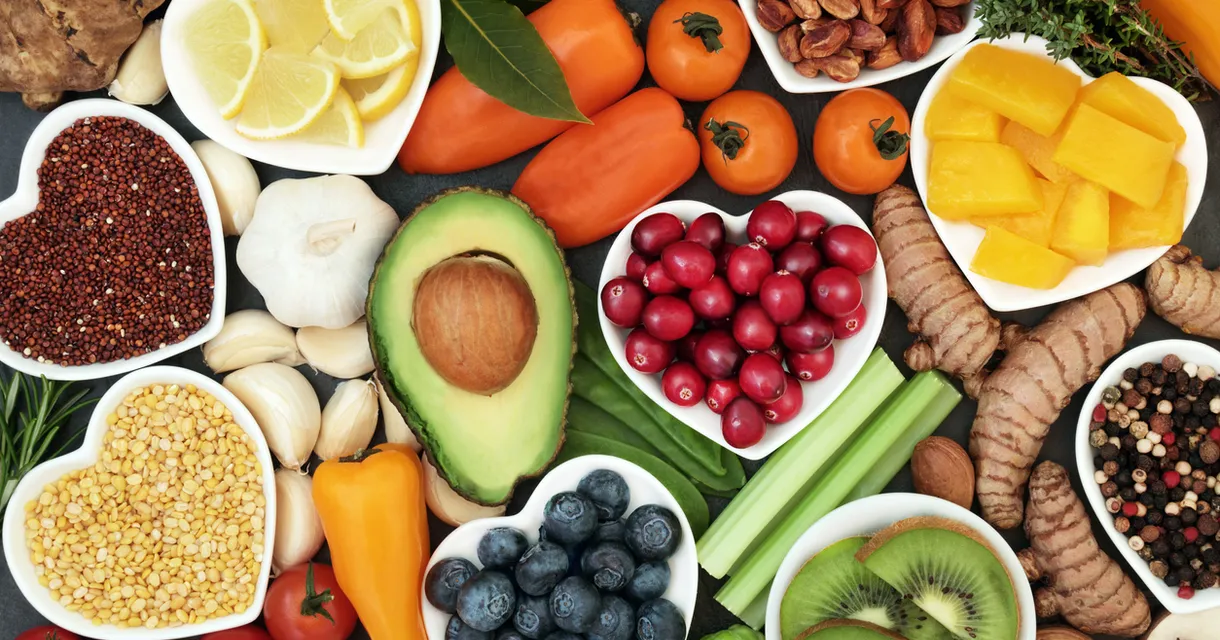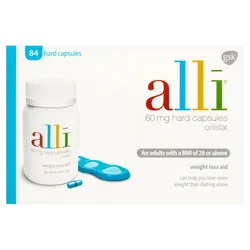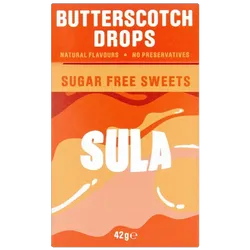Why do I need a balanced diet?
A balanced diet is crucial as it supplies your body with the right nutrients, including vitamins, minerals, protein, fats, and carbohydrates, necessary for good health and proper functioning. Here are some key reasons why it's important:
- Energy: Carbohydrates and fats provide energy to keep your body active and focused throughout the day.
- Growth and repair: Protein is essential for building and repairing tissues, muscles, and cells, making it vital for growth and recovery, especially if you're active.
- Immune system support: Vitamins and minerals, like vitamin C, zinc, and iron, strengthen your immune system, helping you fight off illnesses.
- Bone health: Nutrients such as calcium and vitamin D are crucial for healthy bones and teeth, and a balanced diet can help prevent conditions like osteoporosis.
- Mental health: Eating the right foods can enhance brain function, mood, and focus, and help manage stress and anxiety.
- Digestive health: Fiber from fruits, vegetables, and whole grains supports a healthy digestive system and helps prevent issues like constipation.
- Long-term health: A balanced diet lowers the risk of chronic diseases such as heart disease, diabetes, and obesity by promoting a healthy body weight and proper function.
A balanced diet provides your body with the best fuel and building materials to operate at its full potential and maintain long-term health!
What does a balanced diet consist of?
Following a healthy, balanced diet helps make sure that our bodies get all the nutrients needed to work well and feel good. While there isn't a universal healthy diet for everyone, there are some fundamental principles.
Fruits and vegetables: At least 5 a day!
Diets rich in fruits and vegetables are associated with a reduced risk of diseases such as heart disease, stroke, and certain types of cancer.
Fruits and vegetables offer a variety of essential nutrients and fiber, along with naturally occurring plant compounds that may provide health benefits. They can also assist in maintaining a healthy weight, as they are typically low in calories, allowing you to consume a substantial amount for relatively few calories.
To maximize the nutritional benefits of your 5 a day, it's crucial to include a diverse range of fruits and vegetables. This is because different types and colors of fruits and vegetables contain various combinations of vital nutrients such as:
- Vitamin C - essential for maintaining healthy body tissues, like skin and cartilage.
- Vitamin A - vital for normal vision, skin, and immune system function.
- Folate - crucial for producing red blood cells and supporting the immune system
- Potassium - important for maintaining healthy blood pressure and supporting the nervous system
- Fibre - aids in maintaining a healthy gut and can lower the risk of diseases such as type 2 diabetes and heart disease.
Did you know?
Fresh, frozen, dried and canned fruits and vegetables all count towards our 5 a day!
What counts as a portion?
Fresh, frozen or canned
A portion of fruit or vegetables is 80g. This is around:
- 1 medium sized piece of fruit such as a banana, apple, pear, orange or nectarine
- Half of a large grapefruit or avocado
- 1 dessert bowl of salad
- 3 heaped tablespoons of cooked vegetables like broccoli, peas or carrots.
- 2 or more small fruits such as plums, satsumas, kiwi fruit or apricots
Dried and juice
- A heaped tablespoon (30g) of dried fruit
- 150 ml glass of unsweetened 100% fruit or vegetable juice or smoothie counts as a maximum of 1 of your 5 A DAY.
Beans and pulses
- Three heaped tablespoons of beans, lentils or chickpeas counts as a maximum of 1 of your 5 A DAY.
5 Top Tips For Eating More Fruit & Vegetables
- Add fresh or dried fruit to breakfast cereal or porridge
- Snack on fresh fruit or vegetable sticks
- Experiment with salads - you could try using red cabbage, adding brightly coloured vegetables such as grated carrot or sliced pepper and including leftover cooked vegetables like broccoli or peas in your salads.
- Add plenty of vegetables to dishes like pasta sauces, stews or curries - frozen or canned vegetables can be a quick and easy way to do this.
- Try fruit-based puddings like fruit salad or canned/dried fruits with plain yogurt
Carbohydrates: Go wholegrain!
Often called 'carbs,' starchy foods like bread, pasta, potatoes, rice, and other grains are a main food group that provides the energy needed to keep your body active and focused throughout the day.
Starchy foods are an important source of fiber, vitamins, and minerals, including iron, calcium, folate, and B vitamins. For a healthier diet, opt for more whole grains and higher-fiber starchy foods, such as wholemeal bread, wholemeal pasta, wholegrain breakfast cereals, oats, and potatoes with skins.
Top tip! Consider replacing white bread, pasta, or rice with wholegrain versions, choose wholegrain cereals or oats, and explore other wholegrains like bulgur wheat, quinoa, freekeh, barley, and spelt.
Protein: More than meats the eye!
Protein can be found in a variety of foods, including beans, pulses, fish, eggs and meat. These foods provide protein along with various vitamins and minerals. It is beneficial to consume a variety of types, including more plant-based protein sources like beans, lentils, or chickpeas, as they are higher in fiber and naturally low in fat.
Nuts and seeds (plain, unsalted) are part of this group and offer vitamins, minerals, and fiber. Although they are high in fat, most of it is ‘healthier’ (unsaturated) fat, making them a nutritious choice when consumed in moderation (keeping portion sizes to just a small handful).
Meat can be included in a healthy diet and is a source of several vitamins and minerals, including iron, zinc, and selenium. It is recommended to limit the intake of red or processed meat as high consumption has been associated with an increased risk of bowel cancer. You can reduce the fat content in meat by selecting leaner cuts like lower-fat mince, trimming visible fat, removing poultry skin, and using less fat in cooking, such as grilling instead of frying.
Take heart
It is advised to eat at least two portions (2 x 140g cooked weight) per week of sustainably sourced fish (fresh, frozen, or canned), including one portion of oily fish. Oily fish such as salmon, sardines, mackerel, and trout are rich in vitamins and minerals. They are particularly good sources of vitamin D and contain a special type of fat known as long-chain omega-3’s, which may help reduce the risk of heart disease.
Dairy: Milk and alternatives!
This category includes milk, yogurt, cheese, and their plant-based alternatives. Dairy products are important sources of calcium, protein, iodine, and B vitamins. The nutritional value of dairy substitutes depends on their ingredients, such as soy, rice, or oats, and whether they are fortified. When choosing dairy alternatives like soy or oat milk, it's recommended to select those fortified with calcium and ideally other vitamins and minerals.
Dairy products contain saturated fat, which we are advised to reduce (see below). Some research suggests that despite their saturated fat content, dairy items like milk, cheese, and yogurt have a neutral effect on heart health. However, lower-fat versions of milk, cheese, and plain yogurt also have fewer calories, which can be helpful if you're trying to manage your weight.
Fats and oils: Choose unsaturated when possible!
There are various fats and oils in the diet. Saturated fats include butter, coconut oil, ghee, lard, and palm oil, while unsaturated fats include vegetable (usually rapeseed), sunflower, and olive oils, as well as spreads made from these. High saturated fat intake is linked to increased blood cholesterol, whereas replacing saturated fats with unsaturated ones can lower cholesterol and reduce heart disease risk. Therefore, it's advisable to opt for unsaturated fats and oils for cooking and spreading most of the time.
All fats are calorie-dense, even unsaturated fats, so it's important to use them sparingly to avoid consuming excess calories.
Foods high in fat, salt and sugar: Occasional treats
Foods high in saturated fat, salt, and sugar, such as crisps, sweets, biscuits, cakes, chocolate, and sugary drinks, are not part of the main food groups in the Eatwell Guide because they are unnecessary for a healthy diet. Often referred to as 'treat foods,' it's widely recognized that these should be consumed sparingly. If included, it's best to have small portions, providing about 100-150 kcal, such as a small chocolate biscuit bar, four small squares of chocolate, two small biscuits, a small multipack bag of crisps, a mini muffin, or a small chocolate mousse.
For sugary drinks, it's best to replace them with water or sugar-free alternatives.
What is the healthy eating guidance for different dietary patterns?
The main food groups are essential for a healthy, balanced diet, but they can be combined in various ways depending on culture, preferences, and dietary needs. There are many different eating styles, yet the core principles of a healthy diet are consistent across them.
Applying these principles to your diet ensures it remains balanced and healthy. Numerous diets are available in books, the media, and on social platforms, some claiming specific health benefits or weight loss effects. Determining whether these diets are healthy can be challenging, even if endorsed by doctors or supported by scientific studies. Diets that eliminate entire food groups are difficult to maintain and likely not healthy in the long term.
The Mediterranean Diet
The Mediterranean diet is widely considered one of the healthiest eating patterns, emphasizing plenty of fruits, vegetables, legumes, whole grains, olive oil, and fish, with smaller portions of meat, dairy, eggs, and sugary foods. While it includes more fat than other healthy diets, most of this fat is unsaturated, derived from olive oil, nuts, seeds, and oily fish. This diet may reduce the risk of heart disease and provide other health benefits. If it suits you, that's great! However, it's not the only way to eat healthily and may not be suitable for everyone.
Vegetarian and Vegan Diets
Vegetarian and vegan diets have received considerable attention, with research indicating they may lower the risk of heart disease. A healthy, balanced vegetarian or vegan diet generally consists of a variety of vegetables, pulses, and whole grains, which are high in fiber and low in saturated fat.
Plant-Based Diets
The term 'plant-based diet' is becoming increasingly popular but is often misunderstood. Some people equate it with vegetarian or vegan diets, but many experts agree it involves choosing more foods from plant sources, resulting in a diet primarily composed of plant foods, although it may still include some meat, fish, eggs, and dairy. Most healthy eating guidelines, including the Eatwell Guide, recommend a diet that is mainly plant-based. The largest food groups, such as fruits and vegetables and starchy foods, are plant-based, and we are encouraged to consume more beans, pulses, and plant-based oils and spreads. You can make your diet more 'plant-based' by incorporating a variety of fruits and vegetables, whole grains, and more plant-based protein sources.
Looking to lose weight?
In addition to a healthy, balanced diet and regular exercise, we offer a variety of weight management aids to assist in reducing your calorie intake.
If you are interested in weight loss injections Weldricks has partnered with Dr.Online to provide a GP-led service offering safe and verified prescriptions for Wegovy and Mounjaro.
Dr.Online is available throughout your weight loss journey to support you and address any questions or concerns about progress, side effects, and more.
By offering personalized care, Dr.Online helps reduce the risks associated with online weight loss prescriptions. Patients can confidently choose Weldricks and Dr.Online, assured they will receive the best possible care under the supervision of qualified professionals.



